Tips for Checking Defects In a New Condo Upon Obtaining TOP
Purchasing a new condo is an exciting milestone, offering the promise of modern living in the heart of Singapore’s urban landscape. As the city continues to evolve with new developments, it’s essential for new condo owners to ensure that their investment meets the highest standards of quality and craftsmanship. This is especially true when considering the financial commitment that comes with it – a commitment that can often reach $1,000 per square foot or more.
Unlike houses with lower prices, where buyers might be more forgiving of imperfections, the expectations for a premium condo are understandably much higher. After all, with a property investment of over $1,000,000 for a condominium, owners should rightfully demand excellence in every aspect. However, the unfortunate reality is that developers might sometimes allocate fewer resources towards ensuring top-notch quality in the rush to launch new sales.
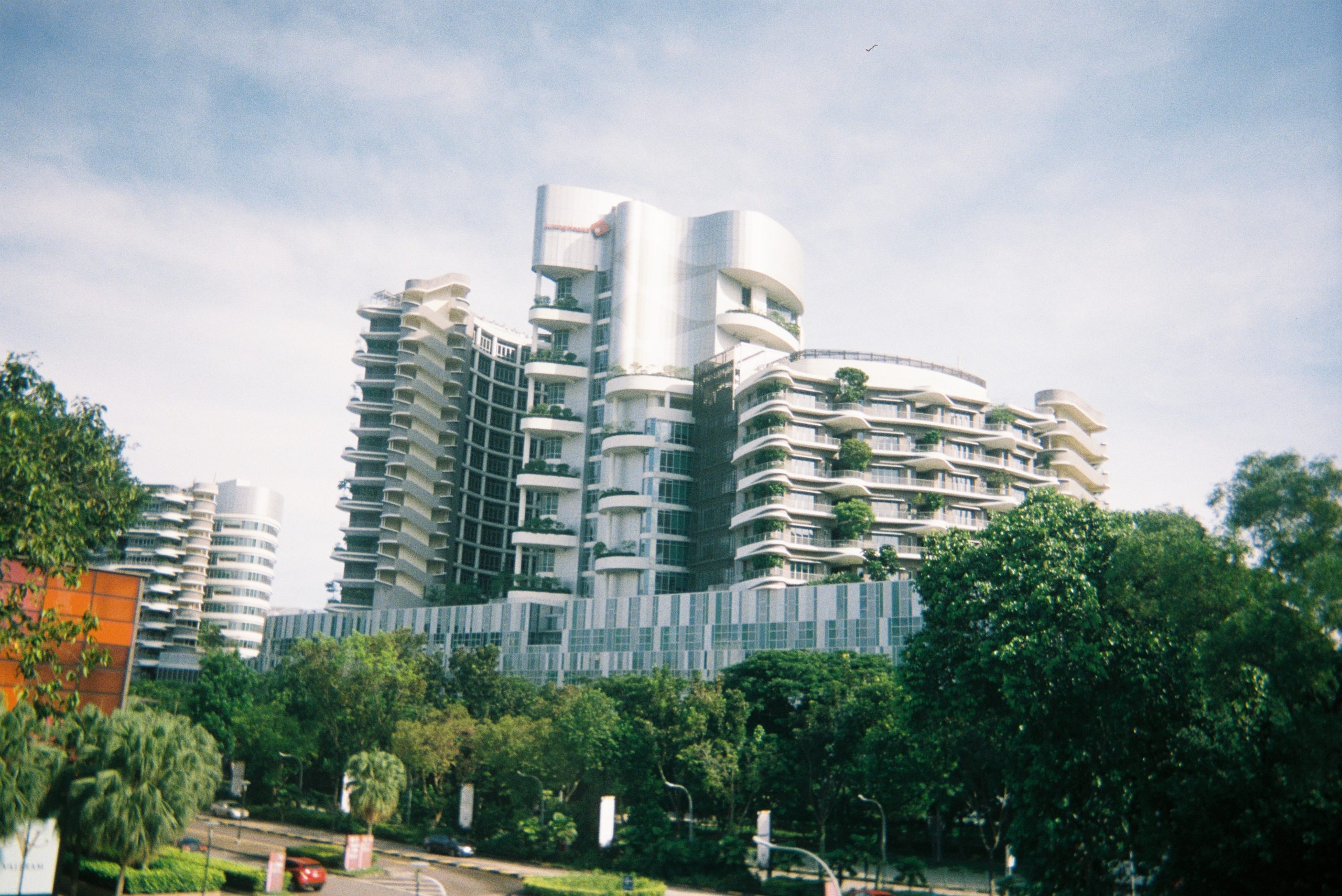
Source: Unsplash
Discovering Defects in New Condos During the Development Phase
Contractors and sub-contractors are commissioned to build these luxury condominiums; sometimes, corners are cut to meet tight schedules. What exacerbates the situation is that, unlike completed properties that can be thoroughly inspected before purchase, buyers of new construction homes are often limited to viewing a show flat. This show flat, while indicative of potential quality, may not always be fully representative of the actual unit’s workmanship.
This discrepancy between what’s promised and what’s delivered can lead to real frustration among home buyers. The issue becomes even more complicated as developers may shift responsibility for poor workmanship defects to main contractors, who in turn might try to pass it on to the new homeowners.
For those who eagerly purchased a new construction home during one of these thrilling launch events, a vigilant eye for defects is paramount. It’s a matter of not just preserving your investment but also demanding the quality you’ve paid for. After all, compromising on construction quality would only compound any concerns about already inflated prices.
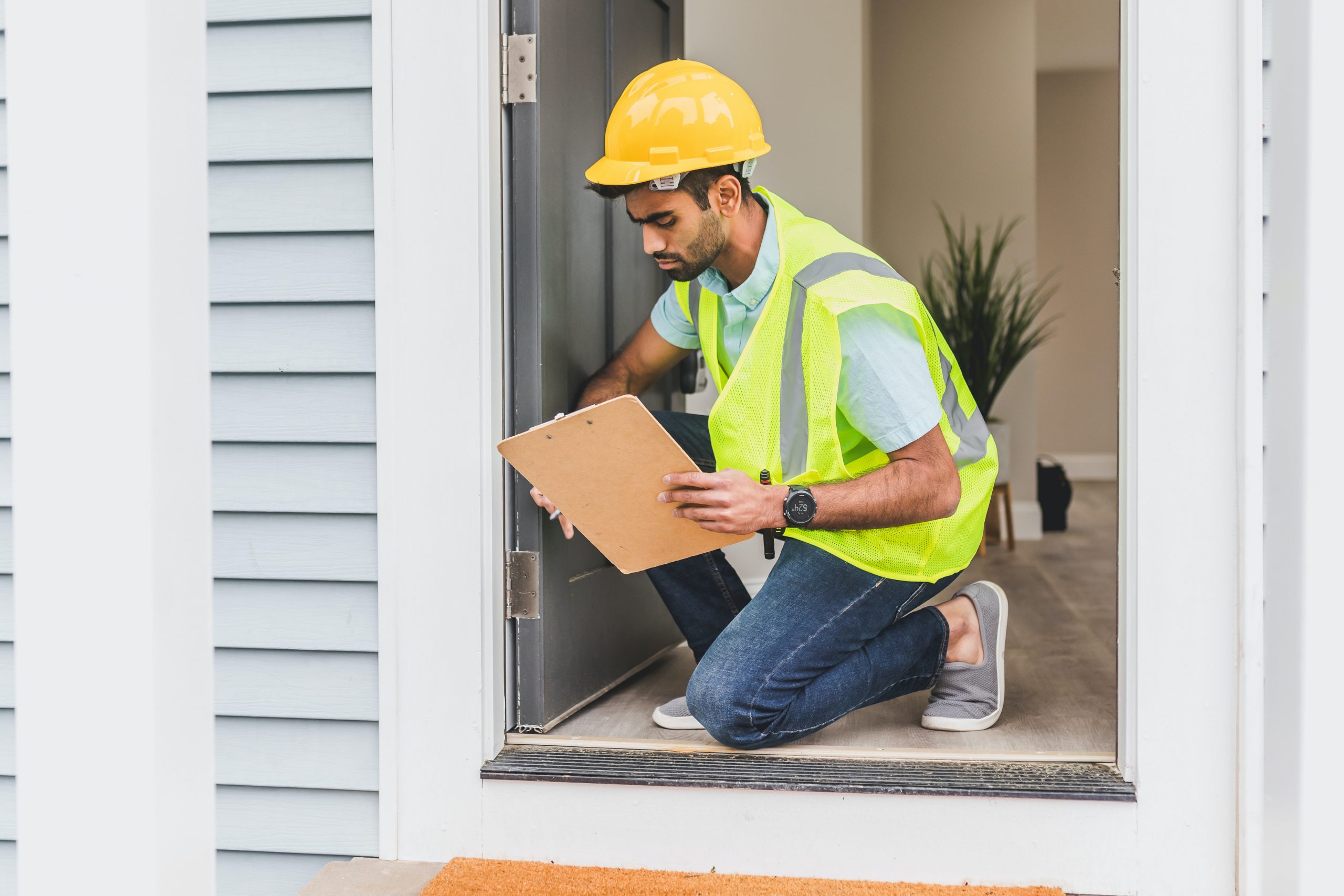
Source: Pexels
Common New Condo Defects to Look Out For
When taking over a new condo, it’s vital to adopt a meticulous approach to identifying defects. Here are some common areas to focus on during your inspection:
Finishing and Fixtures
Examine walls, ceilings, and floors for cracks, uneven surfaces, and paint irregularities. Of all the defects you might expect when taking possession, an uneven layering of floor tiles might be the most surprising. Even in an unfurnished space, poorly laid tiles are apparent, posing a safety hazard, especially for children. This oversight reflects the developer’s commitment to quality and your peace of mind. Look out for gaps between tiles as well, as these can become homes for unwanted pests. Should you encounter such defects, demand prompt repairs or replacements.
Windows and Doors
Inspect windows for scratches, dirt patches, and paint marks. Don’t forget to examine window frames, which are prone to damage during transport. Open and close all windows to ensure hinges and locks function properly. Similarly, check doors for smooth operation.
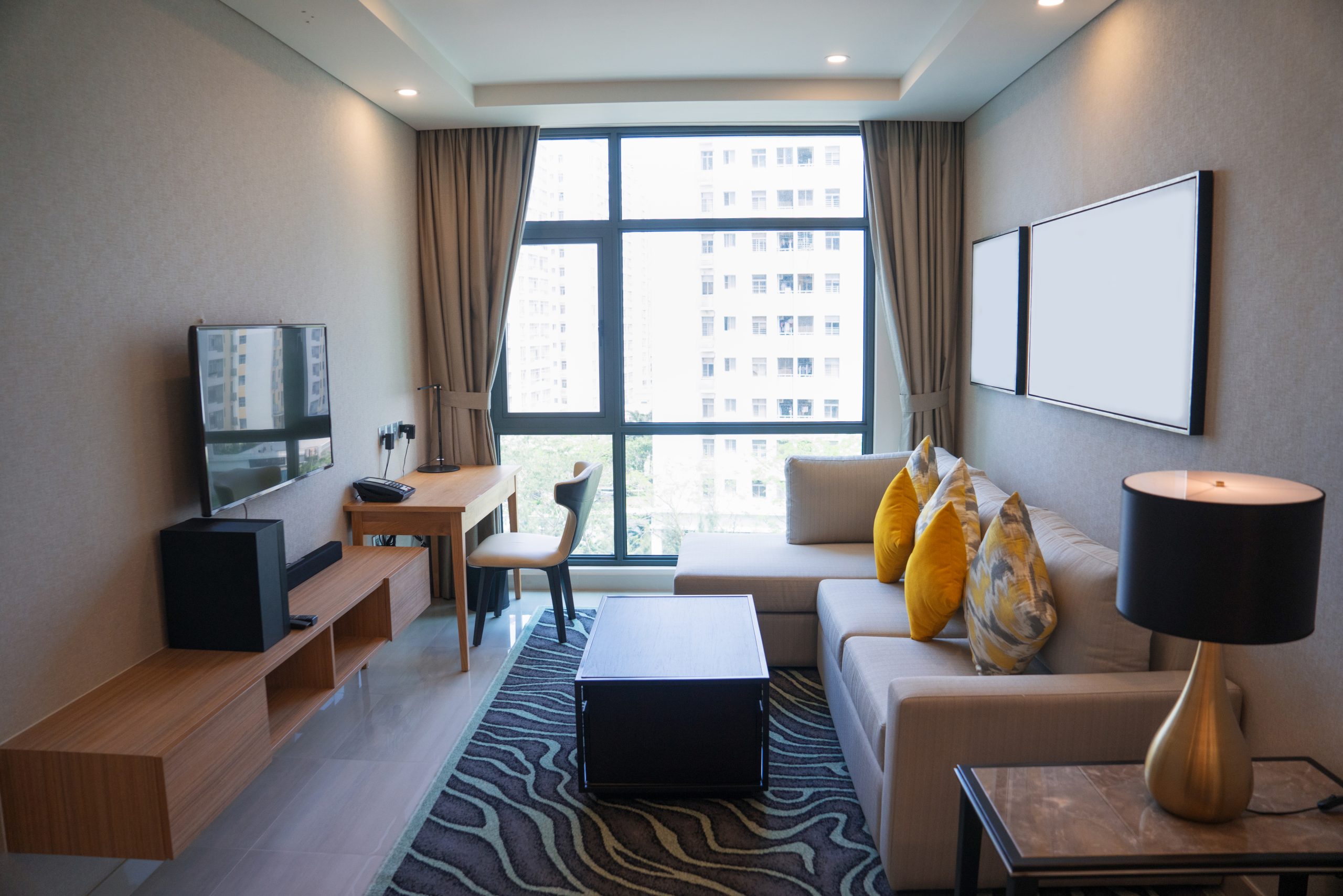
Source: Freepik
Carpentry and Cabinetry
Assess built-in cabinets, wardrobes, and kitchen fittings for proper alignment. Uneven fixtures, particularly inside cabinets and wardrobes, can disrupt the aesthetic appeal. Such misalignments are signs of poor workmanship that shouldn’t be tolerated.
Flooring
Scrutinise the flooring for uneven tiles and gaps. Make sure to check for warped table tops that might result from low-quality materials or subpar workmanship.
Air Conditioning and Ventilation
Switch on the air conditioning units in every room immediately upon entering. By the time you finish inspecting the unit, the air-conditioning system will have warmed up, revealing air-conditioner leaks, if any. Examine the air-con ledge for signs of leaks.
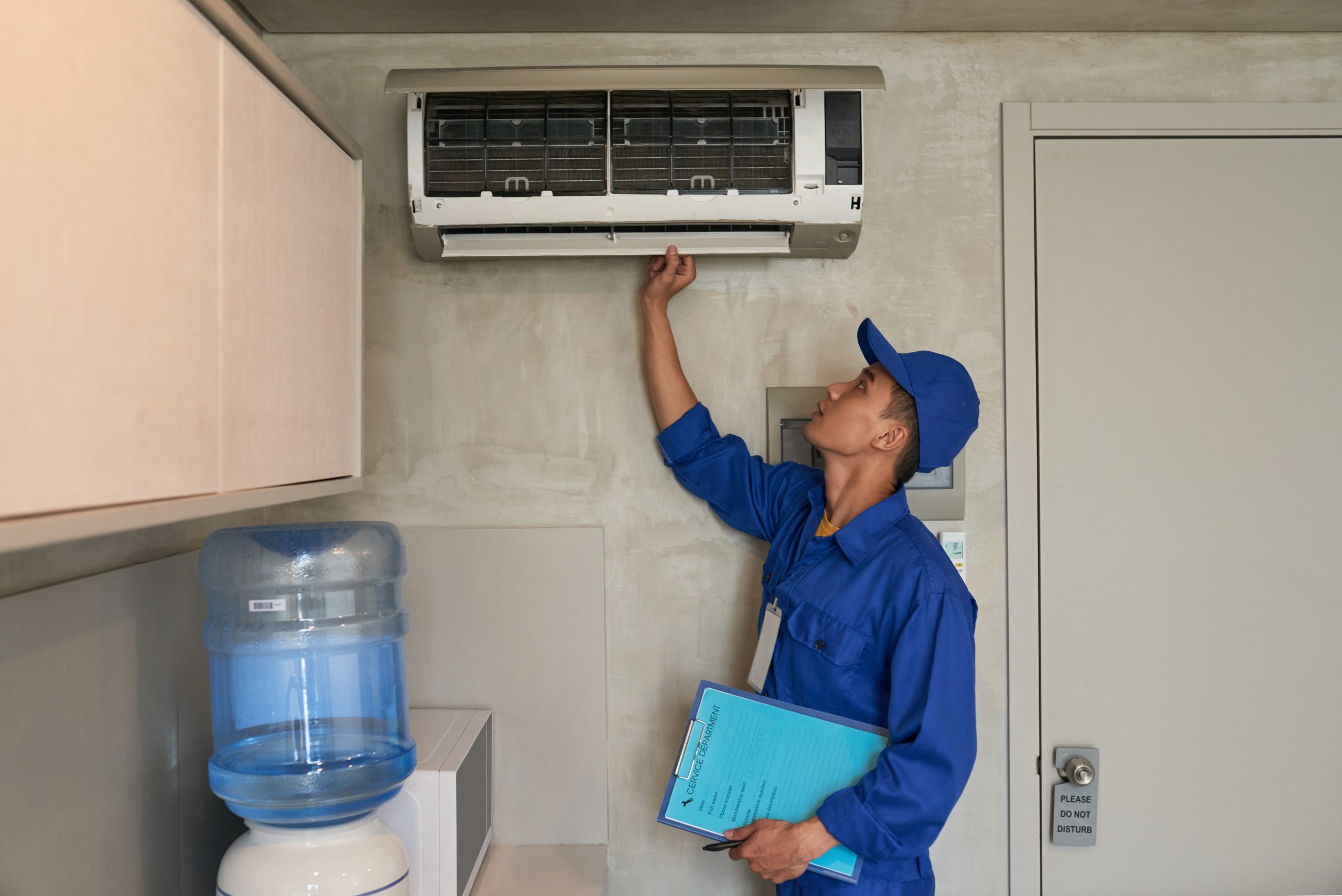
Source: Freepik
Plumbing
Check all taps and flushes, not just for functionality but also for drainage efficiency. Plumbing issues can manifest as slow drainage, suggesting defects or bottlenecks. Listen for unusual sounds as water flows down the pipes.
Water Flow and Drainage
Modern design focusing on dedicated shower areas ensures proper drainage isn’t neglected in other bathroom zones. Test the drainage outside the shower area by pouring water onto the bathroom floor. Water should flow smoothly into drainage openings, and any water ponding should be addressed.
Electrical Outlets and Lighting
Verify that electrical outlets provide power and that lighting points are sufficient. Inspect connections for installing your lighting fixtures. Count the number of lighting points to plan for your lighting needs.
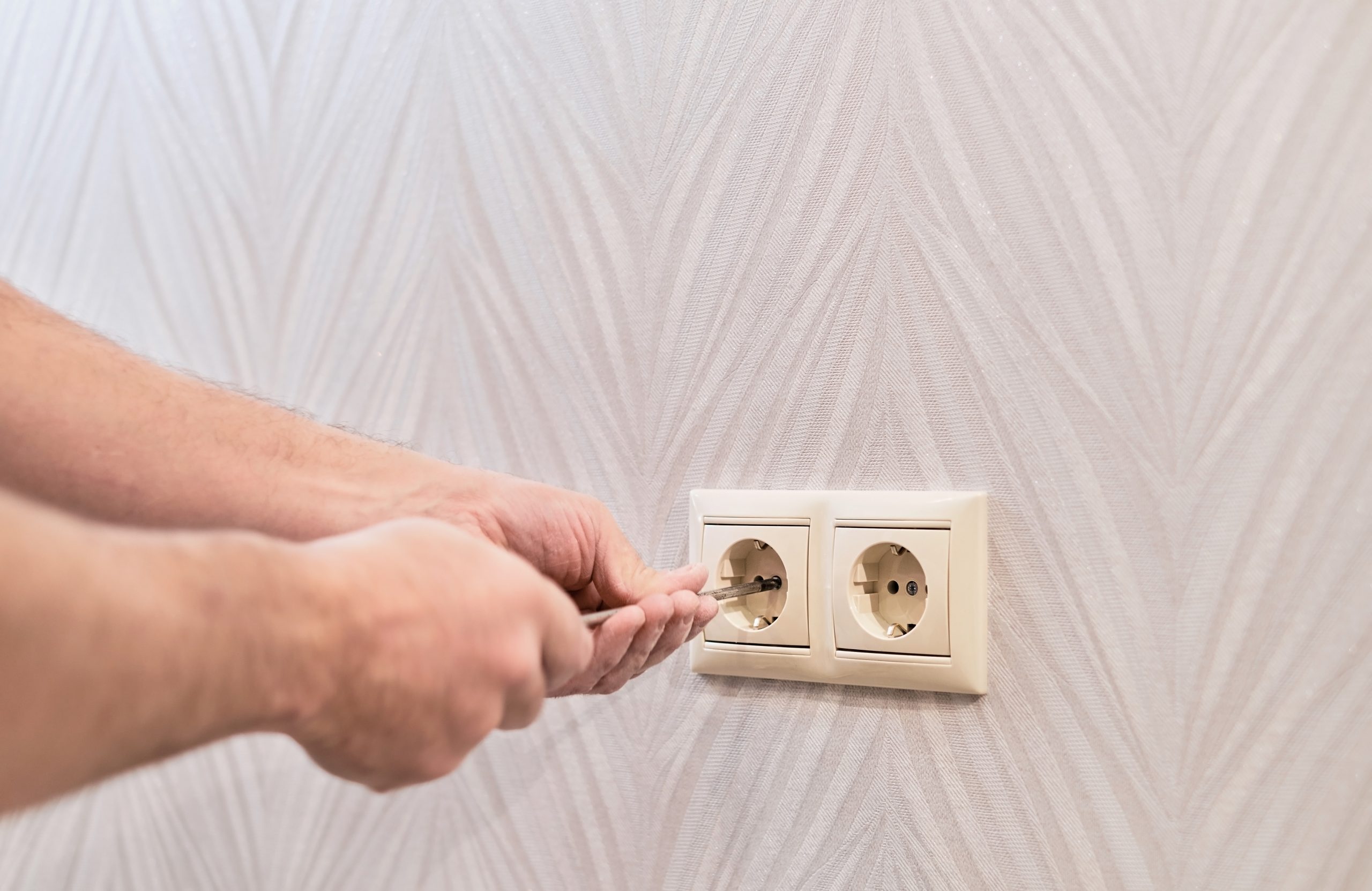
Source: Freepik
Warped table tops
This type of defect might escape an untrained eye, but when you view them at eye level, the unevenness becomes evident. This defect, often found in lower-grade granite kitchen tops, results from shoddy workmanship rather than external factors. Don’t accept this compromise in quality.
Checking for Defects
As a new condominium owner, you have the right to demand quality workmanship. Don’t hesitate to document any defects you find and communicate them to the developer promptly. Many developers have defect rectification periods during which they are obligated to address these issues.
Before you sign off on the defect inspection, take your time and be thorough. If defects are identified later, rectifying them might become more challenging. Work closely with the developer or their representatives to properly address all identified issues.
Remember, purchasing a new condo is a significant investment, and you deserve to have your expectations met. By staying vigilant and knowledgeable about the defect liability of condos in Singapore, you can ensure that your new launch condo lives up to its promise of luxury, comfort, and quality craftsmanship.
Understanding Defect Liability
When you acquire a new condo in Singapore, it’s crucial to understand the concept of defect liability. This period, usually ranging from a few weeks to a few months after taking possession, places the responsibility on the developer to rectify any defects discovered within the unit. It’s essential to thoroughly inspect your condo before this period expires, as addressing defects afterwards might become more challenging.
Engaging Professionals
While conducting your own inspection is important, considering the involvement of professionals such as property inspectors or engineers is a wise step. These experts have a trained eye for detecting even the most subtle defects that an untrained eye might miss. Their insights can provide you with a more comprehensive assessment of the condo’s condition, helping you make informed decisions about rectification requests.
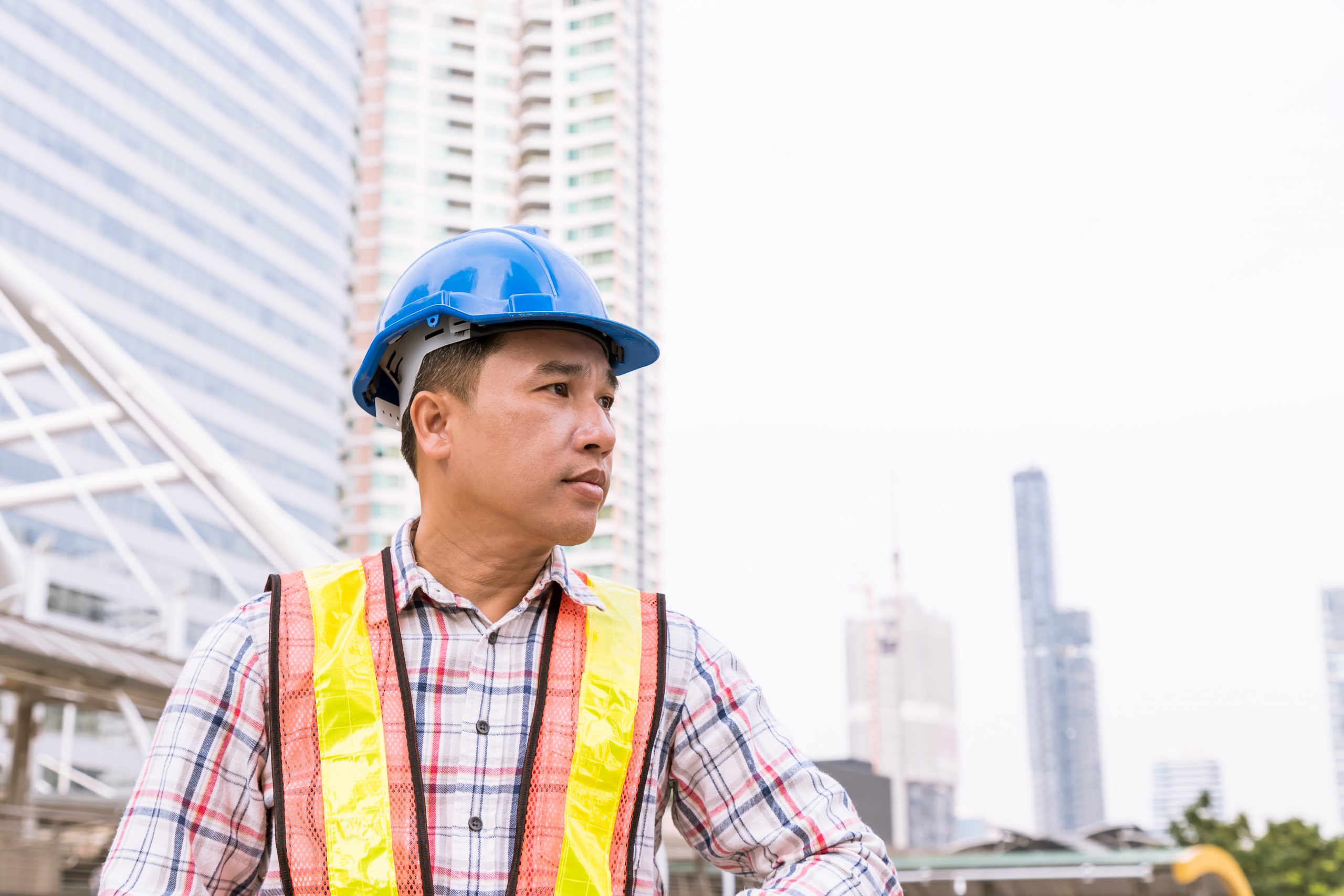
Source: Freepik
Documenting and Prioritising
Throughout your inspection, meticulously create a checklist and capture photographs or videos of the defects you uncover. This documented evidence can serve as proof when discussing defects with the developer. Prioritize defects based on their severity – issues impacting safety and functionality or that could lead to further damage should take precedence.
Effective Communication
Once you’ve compiled your list of defects, communicate them to the developer or their representatives clearly and promptly. Specify the issues you’ve identified and provide supporting documentation. Transparent and respectful communication is essential to ensuring that the defects are resolved to your satisfaction.
Being Persistent
In some instances, developers might attempt to downplay certain defects or delay their rectification. Don’t hesitate to exhibit persistence in pursuing defect rectification. Your investment warrants top-tier quality, and you possess the right to demand it.
Final Thoughts
Acquiring a new condo is an exciting venture, yet it requires meticulous attention to detail to ensure you’re getting the value you paid for. By adhering to these recommendations and taking a proactive approach to defect inspection, you’re protecting your investment and asserting your rights as a homeowner.
Keep in mind that the defect liability period offers a crucial opportunity to address issues. Make the most of this period.
Finding someone to manage your property rental? Contact our Property Manager in Singapore and check out our article on Important Landlord Tips and Tricks For Managing Rental Property Easily.












